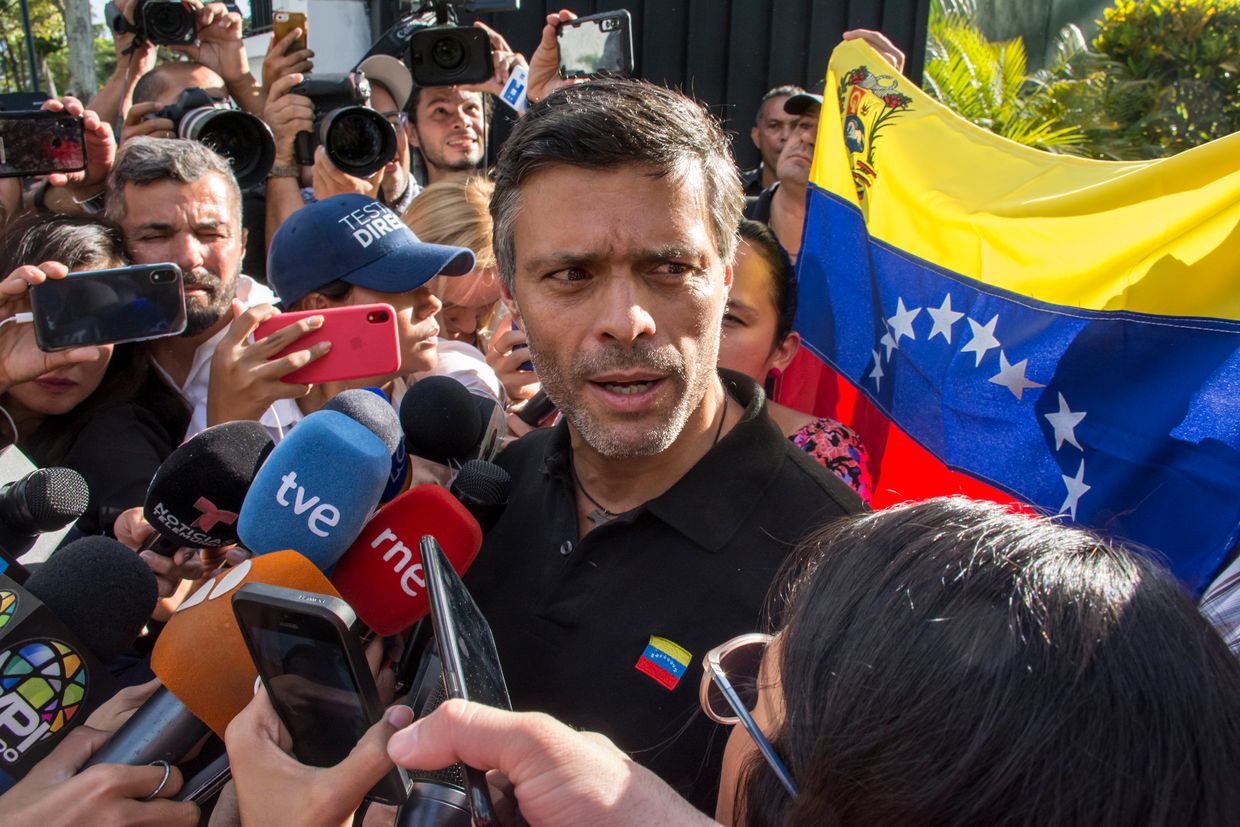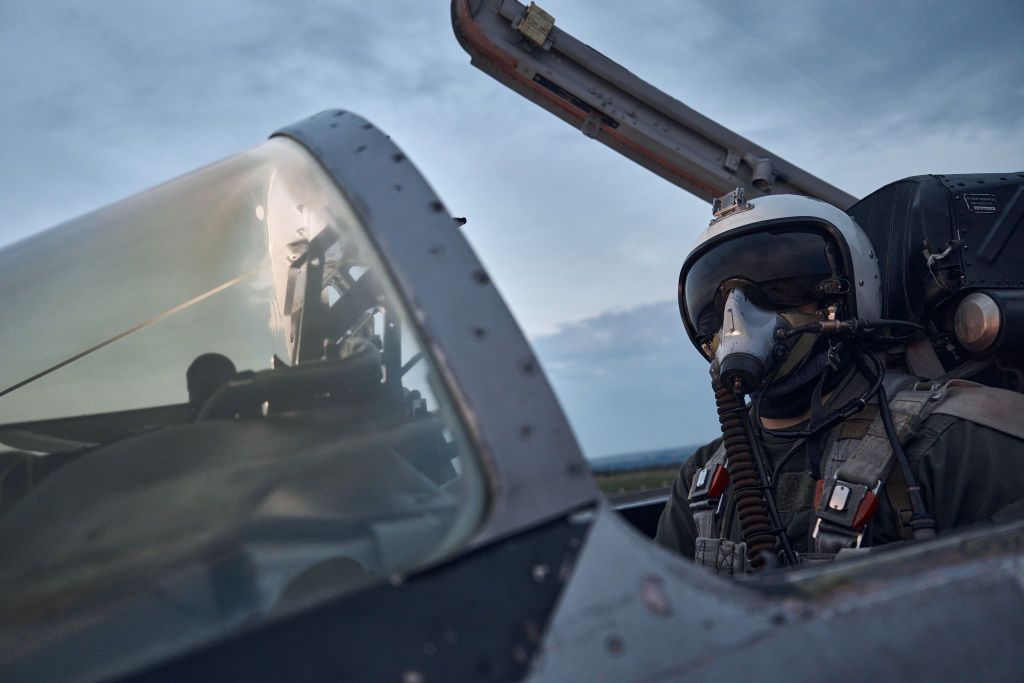US: Moscow funds disinformation campaigns across Latin America

Russia is financing an extensive disinformation campaign to promote its interests in Latin America, the U.S. State Department said in a statement released Nov. 7.
The State Department said the Kremlin worked with media companies "to undermine support for Ukraine" in Argentina, Bolivia, Chile, Colombia, Cuba, Mexico, Venezuela, Brazil, Peru, and other Latin American countries.
The U.S. identified three Russian companies that coordinated Moscow's disinformation efforts: the Social Design Agency (SDA), the Institute for Internet Development, and Structura.
According to the State Department, these firms have "a history of proliferating disinformation and propaganda to further Russia’s foreign influence objectives."
The openness of Latin America's media landscape further helped Russia promote pro-Kremlin narratives as if they were organic to local discourse.
The three companies at the helm of the disinformation campaign would put together editorial teams in Latin America and have staff in Russia send the local teams content for editing and publication.
"In effect, this information laundering process would see pro-Kremlin content created in Russia get 'localized' by the curated Latin American staff," the report said.
The Kremlin is increasingly adept at hiding its influence behind a vast network of media proxies and influencers, the State Department said. Collaboration with Spanish and Portuguese-language outlets and the use of aliases helped obfuscate Russia's role in controlling and disseminating certain narratives.
Some stories Moscow pushed were meant to fuel anti-U.S. and anti-NATO sentiment, while others justified the war against Ukraine.
Russia aimed to convince Latin American audiences that "the war against Ukraine is just and that they can unite with Russia to defeat neocolonialism," the report said.












